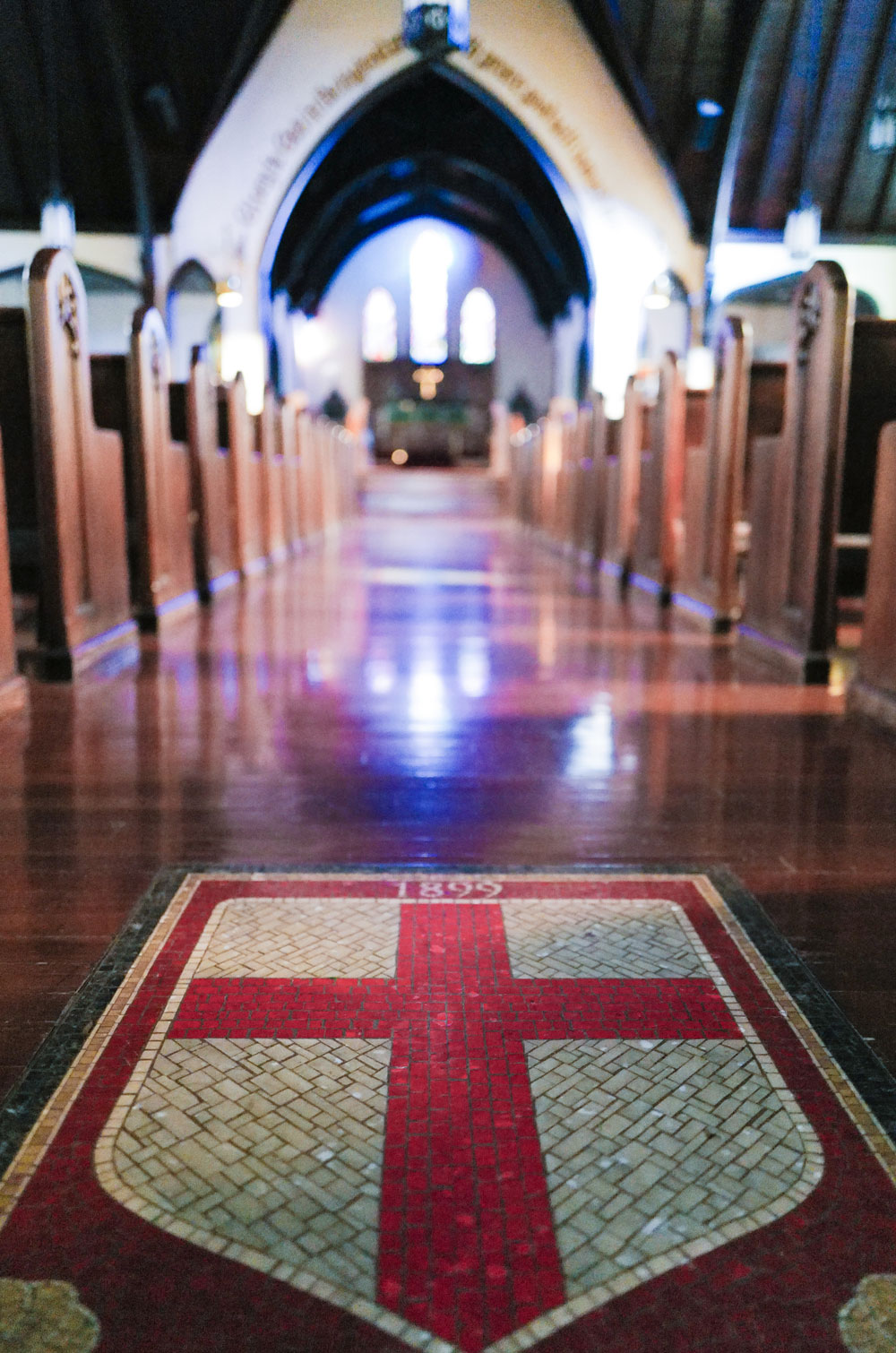Plan a Gift to St. Albans

Phoebe Nourse Legacy Society Members
Anonymous
Donald C. Alexander
Karl & Norma Bakke
Kitty & Birch Bayh
Margaret Belknap
Timothy A. Boggs
Jane Kochmann Brooks
Travis & Ann Brown
Kathryn S. Bouve
Paul E. Cawein
Carolyn Dejanikus
Betty F. Dooley
Carol Hamilton Duncan
Margery K. G. Dunn
Dee & Doug Dykstra
Margaret Easter
Elizabeth Fisher
Mary Elizabeth Ford
Helen Sachiko Hagemeyer
Susan Wright Harvey
Dennis & Linda Johnson
Danette Gentile Kauffman
Chris Larsen
Alverta Lewis
Quentin Lewis
Suzanne Mink
Alexander & Carol Netchvolodoff
Carl Nourse
Elizabeth B. Page
Jim & Sally Parker
Caroline Smith Parkinson
Rebecca Parks
Kenneth W. Patrum
Deborah Potter & Robert Witten
Isabel Conway Pryce
Robin Rudd
Louise St. Onge
Cameron H. Sanders
Elizabeth Schafer
Mary C. Schreiber
Robert A. Sellery, Jr.
Mary Diana Smith
Margaret Francine Morris Swift
Robert & Anne Smith
Earl & Karen Strimple
Sonya & Eugene Sutton
Richard & Johanna Turner
Mary Frances Varner
Elizabeth W. Volpe
Clifton F. Von Kann
Frank & Mary Wade
Hilda Sizer Warner
Nancy Usher Williams
Kathryn B. Wilson
Barbara T. Yeomans
None of the information regarding planned giving provided by St. Alban’s is intended as legal or tax advice. Please consult your attorney or accountant to understand how planned gifts may affect your individual situation.
The Phoebe Nourse Legacy Society was created in 1996 to fund future mission and ministry through planned giving and to honor the original bequest that led to the founding of St. Alban’s Parish.
“St. Alban’s has been a major and transforming presence in my life. Now I pray that my planned gift will be a small part of St. Alban’s future” — Legacy Society member
In America’s early years, Phoebe Nourse’s grandfather settled on a hill overlooking the new District of Columbia. The land reminded him of his former home in England. He named it Mount St. Alban. Phoebe had a dream that the first “free” Episcopal church in the area should be located on Mount St. Alban. The only way she was able to pursue that dream was to earn money from knitting and sewing. When she died, Phoebe left a will instructing that the proceeds from her life’s work be given for the construction of St. Alban’s Church. Much of what we are now was born from this original act of planned giving.
“St. Alban’s has given us so much over many years, and we hope that our bequest to the church will help the parish continue its ministry well into the future.” — Legacy Society member
You are invited to follow this path and the path of many fellow members of St. Alban’s by remembering the church in your estate plans or by making a gift outright to the parish.
What is planned giving?
Planned giving describes a variety of ways to give financial gifts to St. Alban’s to fund the church’s future operations and ministry. It often involves financial or estate planning. It can reduce taxes. But it’s not just for the wealthy. All gifts are needed and appreciated.
What do I do next?
Please consider this your invitation to fund the future of St. Alban’s. As your first step, please contact Roland Mansfield, or any other member of the Planned Giving Committee.
How do I make a planned gift to St. Alban’s?
Planned gifts are most often made through bequests in wills – usually either a gift of a certain amount or a certain percentage of your estate. In doing so, you will be true to the Book of Common Prayer’s admonition that “all persons … make wills, while they are in health, arranging for the disposal of their temporal goods, not neglecting, if they are able, to leave bequests for religious and charitable uses.” (Book of Common Prayer, p. 445.)
But there are lots of ways to make planned gifts, including a gift in life, pooled income fund, charitable gift annuity, charitable lead trust, life insurance – even real estate. The Episcopal Church Foundation has created a number of documents describing various forms of planned giving.
None of the information regarding planned giving provided by St. Alban’s is intended as legal or tax advice. Please consult your attorney or accountant to understand how planned gifts may affect your individual situation.